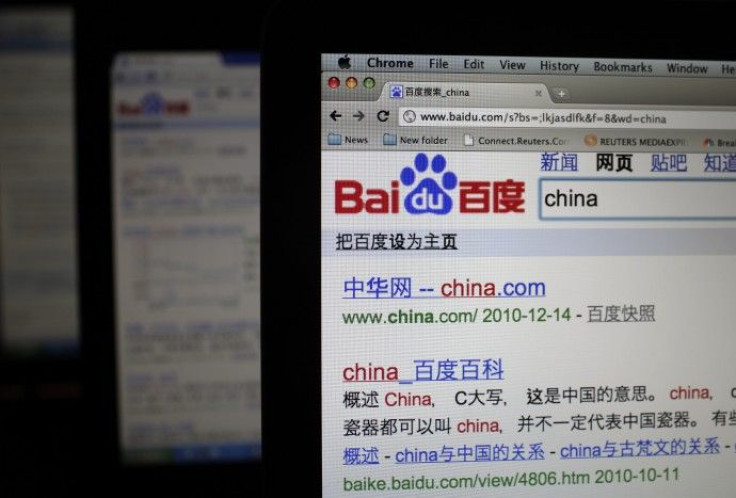China's state newspaper launches Chinese search engine

The People’s Daily, the mouthpiece of China’s ruling Communist Party, this week officially launched goso.cn, a Chinese search engine as the state media seeks greater influence on the Internet.
The newspaper formally released its news search feature on goso.cn that is seen as its key draw and aims to boost ‘China’s say on the Internet’ besides becoming the country’s most influential search engine platform, the website said.
China’s domestic web search market is dominated by Baidu, a homegrown giant, whose market share rose after Google pared its China presence this year following a row with Chinese government.
“Judging from the current Internet landscape, the challenges Goso.cn faces are unprecedented and our task is arduous,” the company said.
Google’s share in the Chinese web search market fell to 21.6 percent in the third quarter while Baidu’s share rose to 73 percent, data by research firm Analysys International showed.
Expressing angst over cyber attacks, Google had said in March it would no longer bow to censors and effectively shut down its Chinese search engine. It re-routed mainland users to its uncensored site in Hong Kong.
Goso.cn has been available on a trial basis since June. Other search features are soon expected to be operational, reports said quoting an unnamed official with the company.
State-run Xinhua news agency has signed an agreement with the world’s largest mobile operator China Mobile to launch a search service next year, the China Daily said.
China has the world's largest Internet population of more than 420 million users, according to official figures.
© Copyright IBTimes 2024. All rights reserved.











